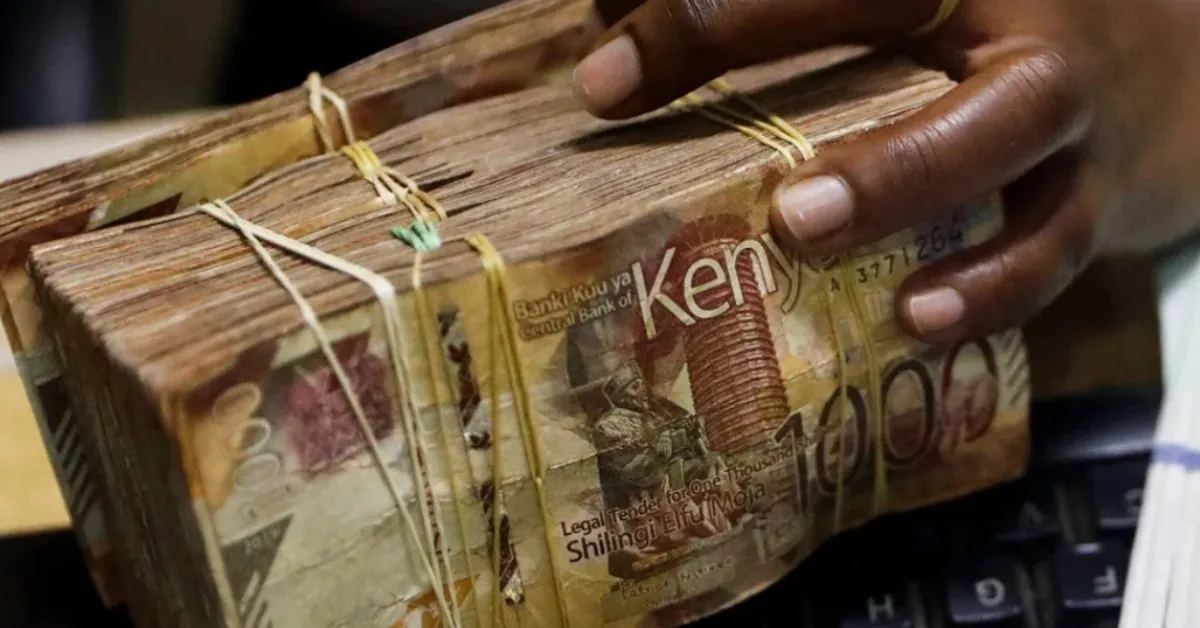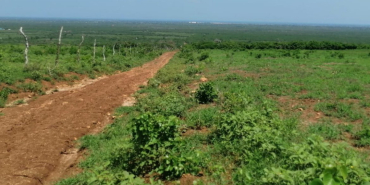Kenya's Diaspora Inflows Reach Ksh 657B, Setting New Annual Record

Kenya’s economy is receiving strong support from its diaspora, as new data shows a sharp increase in remittances sent home by Kenyans living abroad.
According to the Central Bank of Kenya (CBK), remittances hit a record USD 5.08 billion (Ksh 656.9 billion) in the 12 months leading up to July 2025—an 11.1 per cent rise compared to the previous year. This surge is providing essential foreign exchange, helping stabilise the economy during a period of global uncertainty.
The CBK highlights the crucial role remittances play in strengthening Kenya’s foreign currency reserves and improving the country’s balance of payments.
Although there was a slight year-on-year dip of 1 per cent in remittances for July, falling to USD 410.1 million, analysts attribute this to seasonal changes or temporary shifts in economic conditions abroad. The overall trend remains positive.
Remittances are not only a source of financial inflow; they are also a key pillar of economic resilience. As of mid-August, Kenya’s foreign exchange reserves stood at USD 11.1 billion—enough to cover 4.9 months of imports, well above the required minimum.
This cushion helps shield the country from global market shocks, strengthens investor confidence, and supports broader economic stability. The Kenyan shilling has also benefited. On August 14, it traded at Ksh 129.24 to the US dollar, showing relative stability. The CBK attributes this to consistent remittance inflows and increased foreign investment in government securities, both of which reflect improved investor sentiment.
Beyond macroeconomic indicators, remittances play a vital role in supporting families across Kenya. The funds are primarily used for basic needs such as food, education, healthcare, and housing. This spending boosts household consumption and drives local economic activity, particularly in rural and peri-urban areas. The dual impact, economic stability at the national level and financial relief at the household level, makes remittances a critical asset for the country.
To better understand how remittances are used and to guide future policy, the government has introduced the Remittances Household Survey (RHS). This nationwide survey will collect detailed data on how diaspora funds are received and spent, helping policymakers design more effective strategies to support economic growth and social development.
The increase in remittance inflows has also coincided with a recent decision by the CBK to slightly ease its monetary policy. The central bank lowered the base lending rate from 9.75 per cent to 9.5 per cent, aiming to boost credit to the private sector while keeping inflation within target.














Add new comment